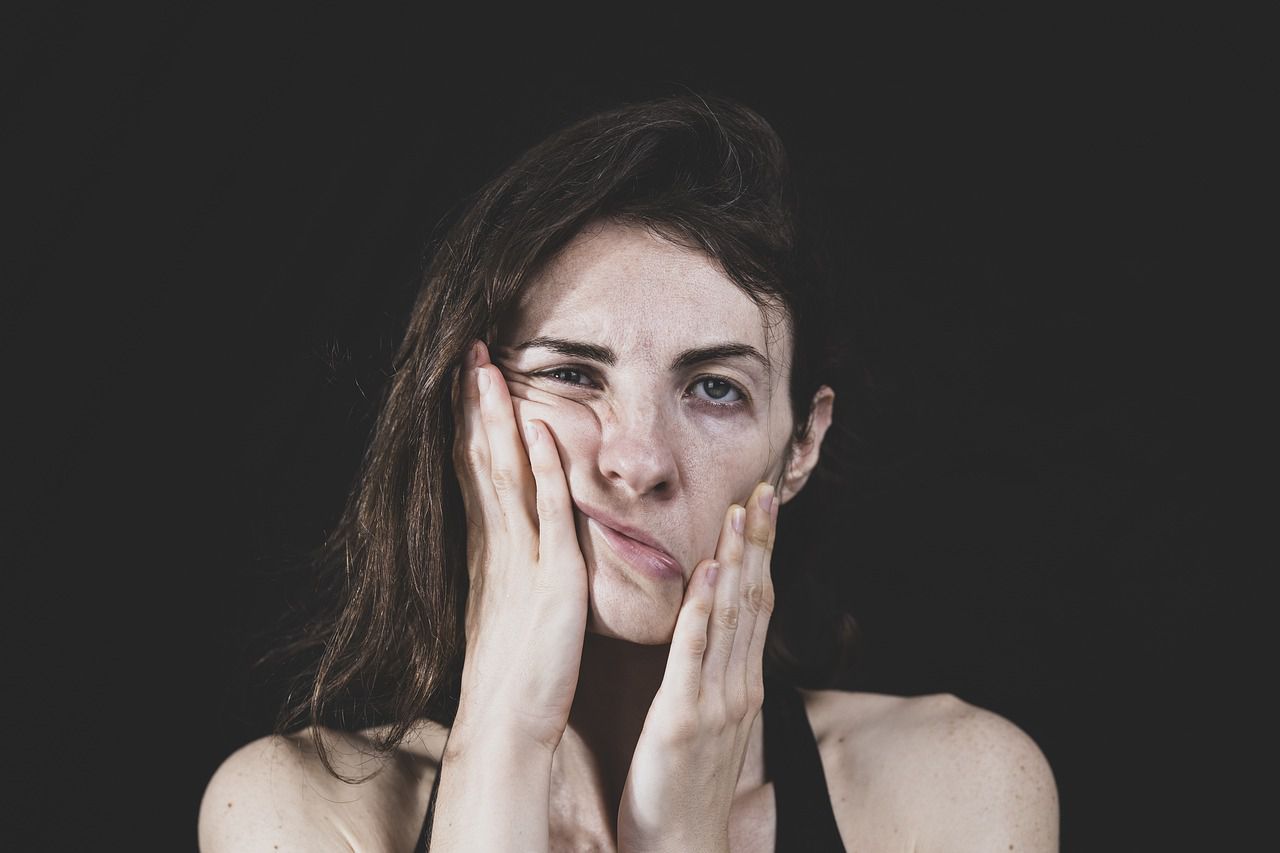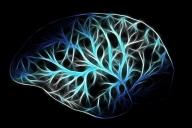We live in a very stressful world, and lots of people suffer from anxiety.
While many people have already understood their problem and asked for professional help, the first step is to recognize that you might have anxiety at all.
Here are a few signs of it.
Excessive worry
Feeling worried or on edge most of the time, even about minor things, and finding it difficult to control or stop these anxious thoughts.
Restlessness and irritability
Having difficulty staying still or feeling a sense of restlessness.

Physical symptoms
Experiencing physical sensations such as a racing heart, shortness of breath, chest tightness, trembling or shaking, sweating, dizziness, or headaches.
Sleep disturbances
Having trouble falling asleep, staying asleep, or experiencing restless and unrefreshing sleep.
Waking up frequently with racing thoughts or feeling fatigued despite getting enough sleep.
Difficulty concentrating
Finding it hard to focus or concentrate on tasks, experiencing mind wandering, or feeling easily distracted.
Avoidance behaviors
Avoiding situations or places that trigger anxiety, such as social gatherings, public speaking, or situations that feel overwhelming.
Changes in appetite
Experiencing changes in your eating habits, such as loss of appetite or increased food cravings.
Muscle tension
Feeling muscle tightness, especially in the neck, shoulders, and jaw.
Anxiety can contribute to muscle aches, tension headaches, or an overall feeling of bodily discomfort.









